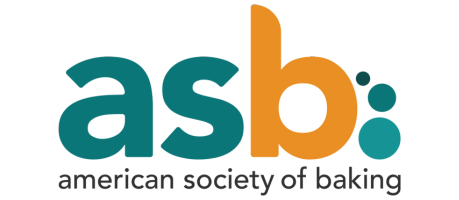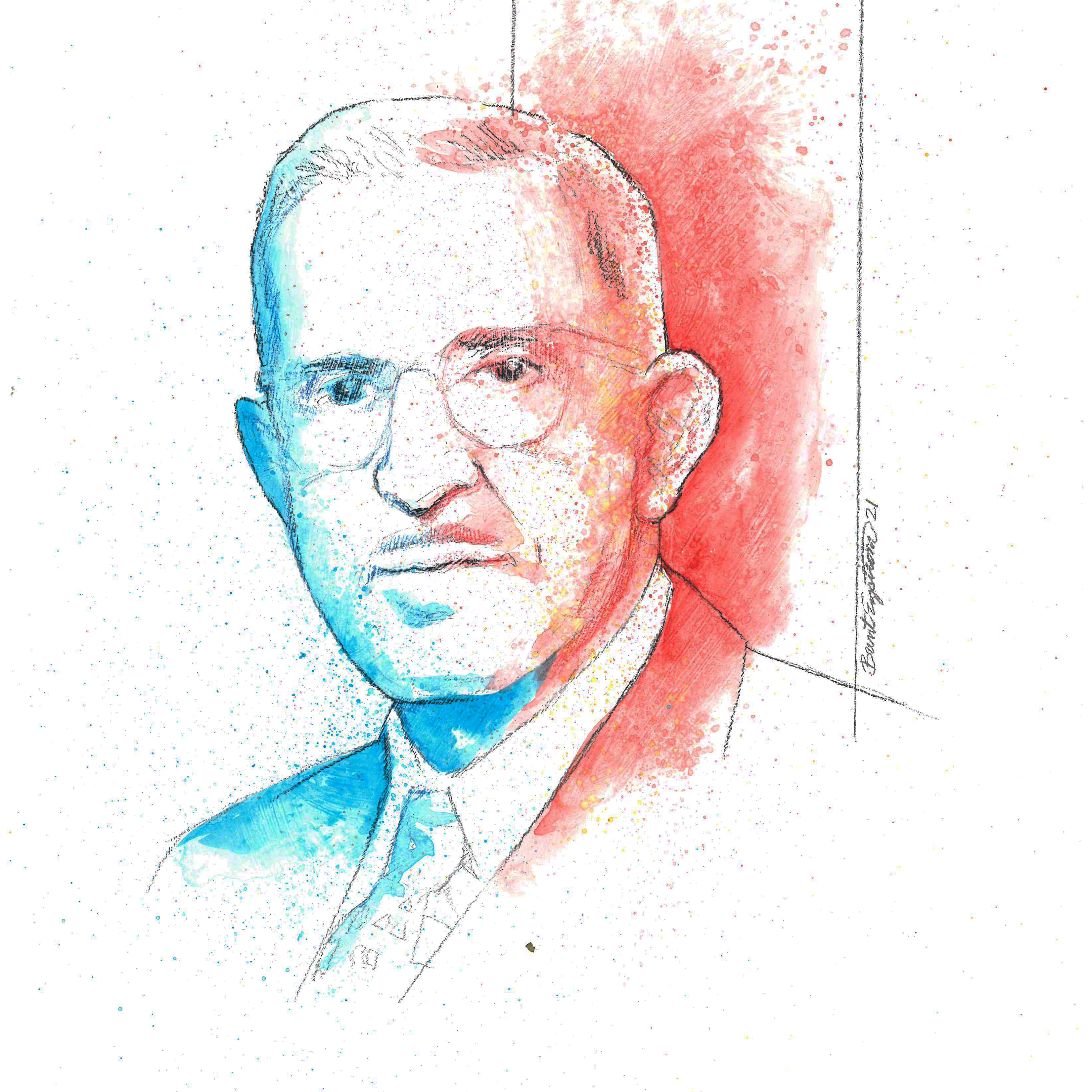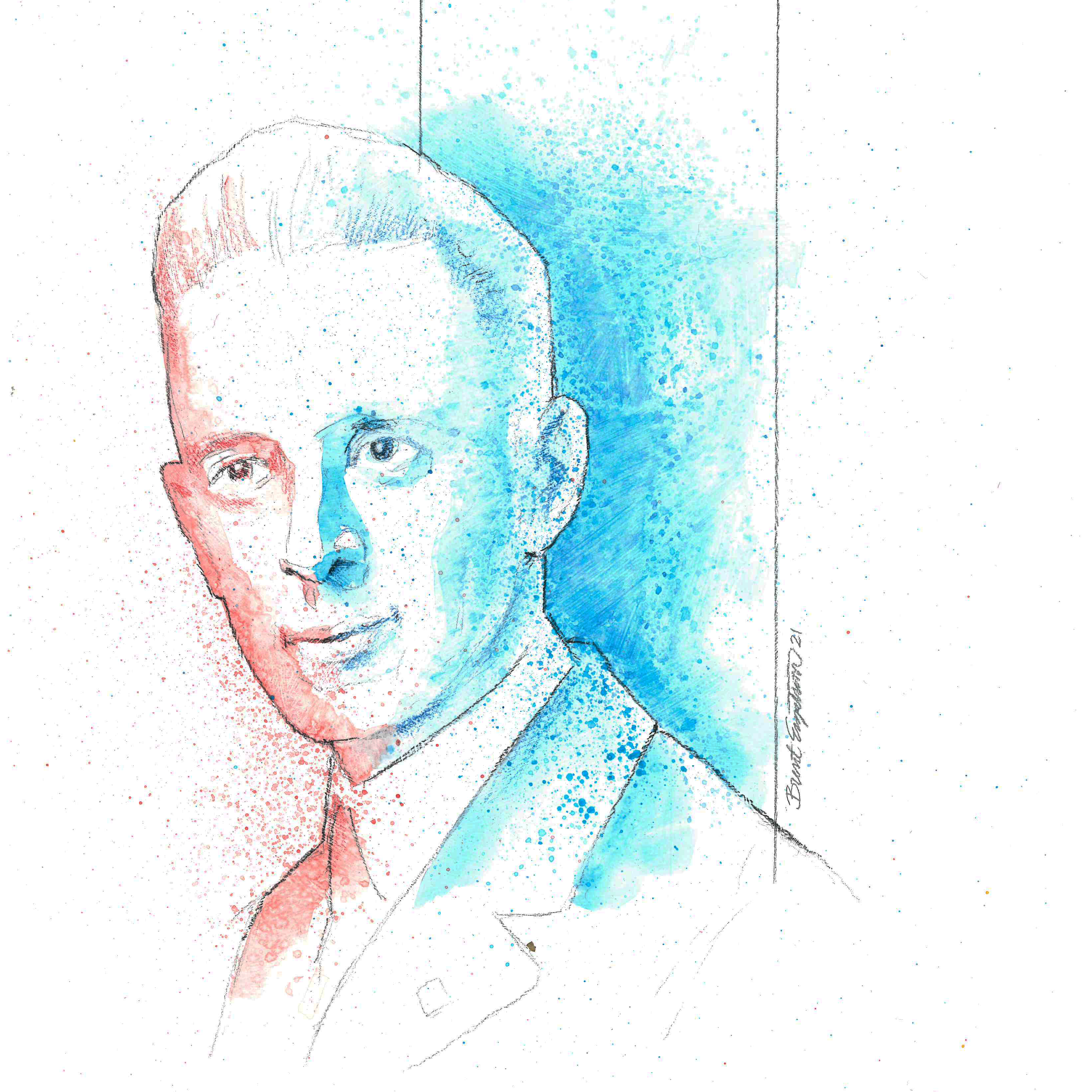August Junge II (1878-1967) and Albert Junge (1881-1957) ran a substantial regional bakery, Junge Baking Co., Joplin, Mo., by working with the latest in baking technology and successfully introducing products new to their market. They were also community stalwarts who helped transform a rough-and-tumble mining town into a substantial, family friendly, middle-American city.
Taking over the business shortly after their German immigrant father founded it in 1900, the brothers built on their family legacy of baking and their own scientific training in bakery technology. As president, August was the company’s public face, active in community matters, while Albert, the bakery’s vice-president, managed financial and marketing efforts.
At its height, the business encompassed four large wholesale bakeries in Coffeyville and Fort Scott, Kan., and two in Joplin. The business employed a staff of 650 and served Missouri, Kansas, Oklahoma and Arkansas.
August and Albert Junge maintained a keen interest in new baking technologies. The company pioneered in high-volume manufacture of sliced baked goods and installed the first automated bread baggers. In 1921, it switched delivery methods from horse-drawn wagons to motorized transports, one of the first in the Midwest to do so. Its 163,000-sq-ft cracker bakery that opened in 1946 ranked among the U.S.’s biggest, and in the 1950s, the company adopted decentralized production to improve bakery efficiencies.
Explaining the brothers’ willingness to make such large investments, August Junge wrote, “Nothing is spared in order to make the best possible product and to place same on the market in the freshest state.” They operated Junge Baking on the principle of investing their profits back into the business.
Albert Junge had a life-long interest in physical fitness and athletics. Whole wheat baked goods fit that lifestyle. In 1915, Junge Baking Co. added California Raisin Bread. During the 1930s, he expanded variety bread offerings with the full line of Roman Meal products.
They turned a small vacant lot next to the main bakery into an unusual park that became a popular tourist attraction. In the 1930s, August Junge contributed land and funds to the Joplin school district to build an athletic stadium, still in use today. He also provided land and funding for the Joplin Regional Airport.
Through their efforts as major employers, civic leaders and community benefactors, August and Albert Junge substantially enriched the lives of people throughout the region.



